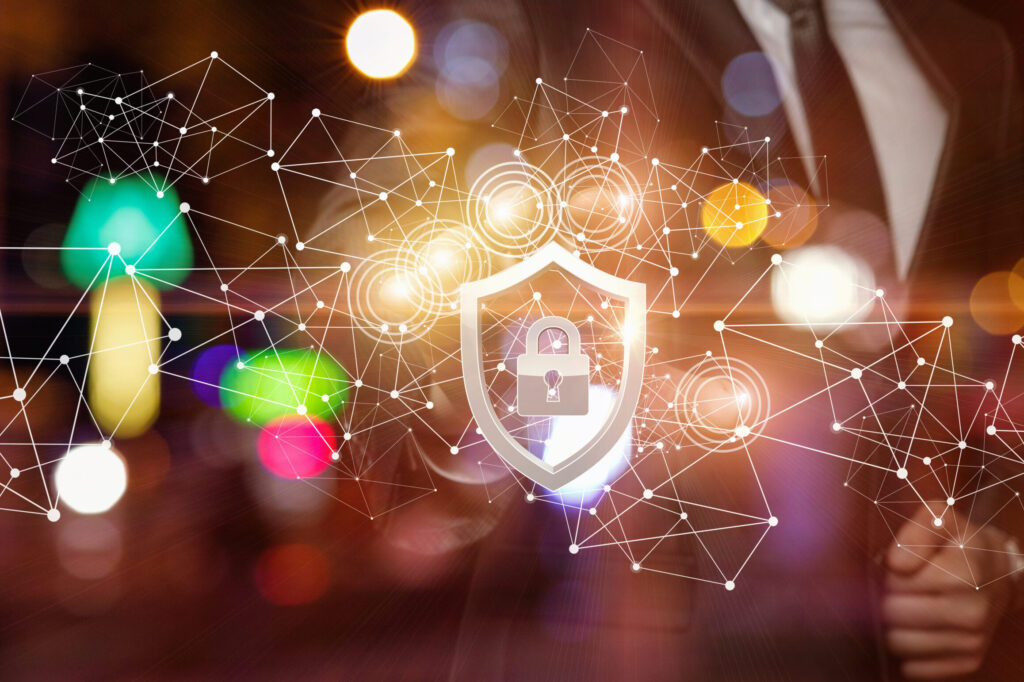
There’s no doubt that 2021 was a mammoth year for fraud. In fact, over £750 million was stolen from banking customers in the first six months alone – 30% more than the same time period in 2020. This year is set to be even more challenging, with the government already facing calls to tackle Britain’s problem before it becomes a ‘fraud epidemic’.
However, this might be more challenging than it first appears in our newly remote landscape. For employees, remote work often means more headspace, reduced commuting time and better work/life balance. However, for businesses across all sectors, it has opened up the attack surface, leaving many gaps for fraudsters to find and take advantage of.
With one in five Brits now wanting to work remotely full time, we’re entering a new chapter in fraud. As such, it’s never been more important for organisations to adjust their strategies and arm themselves with the tools that will enable their employees to work safely from anywhere.
A new landscape brings new threats
Away from the controlled office environment, employees are missing their traditional support and accountability structures. This automatically makes them more vulnerable. For example, verification is no longer instant. An “urgent” request made via email or phone might not be coming from a legitimate source. Whereas in an office, an employee could check this by simply walking over to their colleague’s desk, when working remotely, the process is a lot more arduous. Taking the time to check whether someone is who they say they are is even harder when they are pressuring you to act quickly.
To add to this, there’s no clean desk policy when your office is your spare room or a public café. Even if your employees are scrupulous, those that share the space with might not be. Sharing a device with others, or leaving it unattended – even for a moment – could give others ample opportunity to copy down customer information from the screen.
But it can get even darker. Unsurprisingly, in times of hardship and economic downturn, internal fraud – or fraud committed by employees themselves – tends to increase. Despite many restrictions being lifted, for many, the effects of the pandemic are still far from over, especially financially. Working remotely provides those that may be under monetary pressure with many more opportunities to commit fraud. For example, a contact centre agent who’s working from their kitchen table can easily copy down a customer’s valuable personally identifiable information (PII) or credit card details with little fear of being caught by a colleague or supervisor. The agent might use this information to commit fraud themselves or sell it to professional fraudsters – who are actively targeting vulnerable employees. Fraudsters are capitalising on the financial pressures that many workers face in times of social disruption, seeking to turn trusted employees into willing accomplices.
Stopping fraudsters in their tracks
Whilst there will never be one single silver bullet for fighting fraud, AI-powered technologies – such as biometrics – could provide a modern, effective alternative to PINs and passwords. This is because they cannot be compromised in the same way as knowledge-based security methods.
For example, voice biometric technologies use sophisticated algorithms to analyse many different voice characteristics – from pronunciation, to size and shape of the nasal passage – to authenticate a user. Given that human voices are as unique as a fingerprint, this prevents hackers from fraudulently impersonating individuals online. Another protective layer on top of voice biometrics is behavioral biometrics. This technology measures how an individual interacts with a device – how they type, how they tap and how they swipe or even hold the phone – in order to find out whether they are who they say they are. By automatically identifying when fraudulent calls are being made, biometric technologies are an invaluable tool for helping to protect customers and agents whilst they make digital transactions.
A new age in fraud calls for new techniques and strategies to fight it
The When it comes to remote working, biometrics enables companies to implement a new kind of clean desk policy. By authenticating customers based on who they are, rather than asking them for personal information, companies can reduce or even eliminate the customer PII displayed on their agent desktop. In fact, organisations that use this type of technology don’t even need to give their customer-facing staff access to sensitive information like dates of birth, addresses, and security question answers. As a result, there’s a significantly reduced chance of fraudsters tricking or bribing them into sharing it.
The result isn’t just a shorter average handle time and lower operational costs; biometric technology also helps to transform the working lives of employees, enabling them to focus on what they were hired to do; serving the customer. This translates into lower absenteeism rates and lower attrition because employees who enjoy their jobs and are much less likely to quit.
A new age in fraud calls for new techniques and strategies to fight it. Biometric solutions are emerging as a key weapon in the fight against fraud. Their ability to identify customers, agents and fraudsters alike is helping to keep bad actors at bay and ensure that all remote connections are safe and secure. With many organisations still evaluating the full impact of ‘going remote’, there’s never been a better time to invest in the future of fraud prevention.

Simon Marchand is Chief Fraud Prevention Officer at Nuance.


